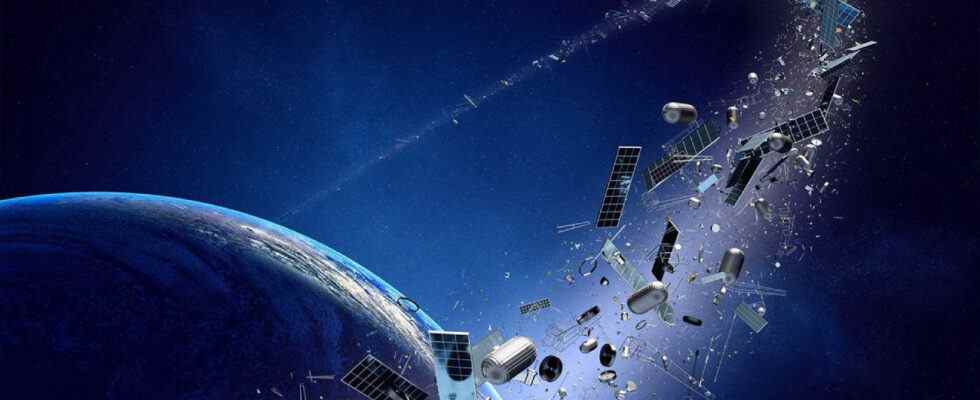With the development of technology, there has been a great increase in the number of satellites in Earth orbit. This issue, which has attracted a lot of attention recently, is the internet project from SpaceX, owned by Elon Musk. starlinkIt has been the subject of great debate since then. Astronomers entered into a formation by stating that especially constellations pollute the sky.
The International Astronomical Union considers the issue
Astronomers follow with concern the large-scale projects of space companies. Astronomers, who thought that especially the satellites sent in constellations turned the sky into a technology dump, took action. The International Astronomical Union (IAU) initiated the formation of the National Center for the Conservation of the Dark and Quiet Sky from the Satellite Constellation Initiative to further study and coordinate the issue.

The basic idea of the formation is to lay the groundwork for bringing together astronomers and satellite operators from different geographic regions to work together on the problem. Satellite debris formed in space has many negative effects. Among these, many negative factors can be counted, such as being mostly made of metal, reflecting sunlight, and blocking other active satellites. The International Astronomical Union (IAU) statement on the subject included the following statements.
The International Astronomical Union (IAU) is deeply concerned about the increasing number of launched and planned satellite constellations, mostly in low Earth orbits. The IAU embraces the principle of a sky of darkness and radio silence, which is essential not only to advance our understanding of the universe of which we are a part, but also to preserve the cultural heritage and nocturnal wildlife of all humanity.

The International Astronomical Union thinks that next-generation satellite networks will one day interfere with astronomical observations negatively and may also disrupt scientific observations, including near-Earth asteroids. Especially the Starlink project, designed by SpaceX to provide high-speed broadband to the entire world on the planet, is among the biggest examples of this issue.
